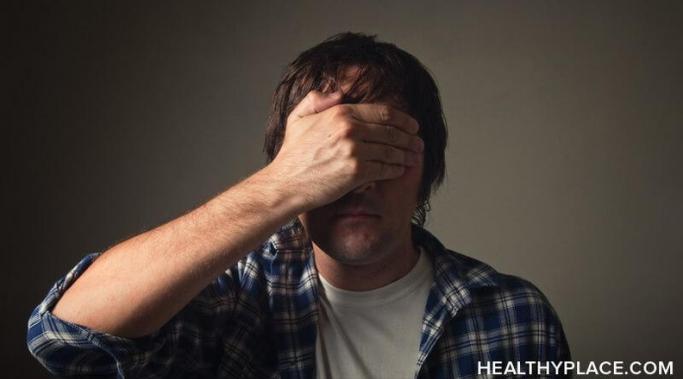Blogs
Hard conversations are, well, hard. Maybe you are avoiding one by waiting for another person to initiate because you don't want to ruin your relationship. Maybe you are avoiding one by convincing yourself that there's nothing to talk about and that issues will magically melt away soon enough. Most of the time, unfortunately, this isn't true. Most of the time, you need to have a difficult conversation.
This post is not necessarily about wrist scars, as self-harm can come in many forms. This is just a reflection on my personal experiences with self-injury in the wrist and forearm area, as that's where I used to hurt myself. I feel most people react to scars similarly, especially if their reaction comes from ignorance or fear rather than love. Therefore, this post might be helpful if you know someone who self-harms and you wonder how to behave around them.
I feel as though people like to think about incidents of mental health stigma as little pockets in time, but really, they live beyond the moments they happen. These are not compartmentalized or filed away. We know stigma can have negative impacts on a person, but understanding the depth of those impacts starts with understanding how long that moment of stigma can exist for a person.
It can be easy to fall into a victim mentality with borderline personality disorder (BPD). You can often feel like your brain is working against you and making life unnecessarily hard. However, treating yourself as a victim can be detrimental and prevent you from recovering and moving on from traumatic events.
The iceberg theory is a frequently cited model of behavior which states that a person's behavior can only be properly understood in the context of the factors that caused it. What a person does is "the tip of the iceberg"-- what we don't see are the emotional, social, cultural, and other factors that lie beneath the surface and cause that behavior.
A blessing was recently bestowed upon my family--my brother, Billy, and his life partner, Sandy, had a baby girl, whom I adore. Even though they live in California and I live in Illinois, and even though I haven’t yet met Baby, watching videos of my niece has quickly become one of my coping skills for my schizoaffective anxiety.
Hurting yourself to get out of work or school can seem like a tempting option—maybe even your only option—when you're overwhelmed and feeling trapped. But self-harm is, ultimately, a solution that causes more problems than it solves.
As explored in a previous post, health stress and health anxiety can be exhausting and burdensome. Our health is a vital component of our lives, and when something isn't right, whether it's a chronic condition or an acute, short-lived experience, it is natural to experience anxiety and stress because of it. Here's how to gain the upper hand on health stress and anxiety.
Sometimes, stressful things can happen without the slightest hint of warning. Recently, I woke up to find that my laptop had just stopped working. I had used it the previous evening, and it seemed fine. But then, for whatever reason, the hard drive just died.
Like everything else in life, the risk factors for mental illness in children are impacted by both nature and nurture. Some of these risk factors I can do something about as a mother raising a child with mental illness, although some are out of my control. Accepting this has been one of the hardest parts of motherhood for me, but it's also been one of the most liberating.









